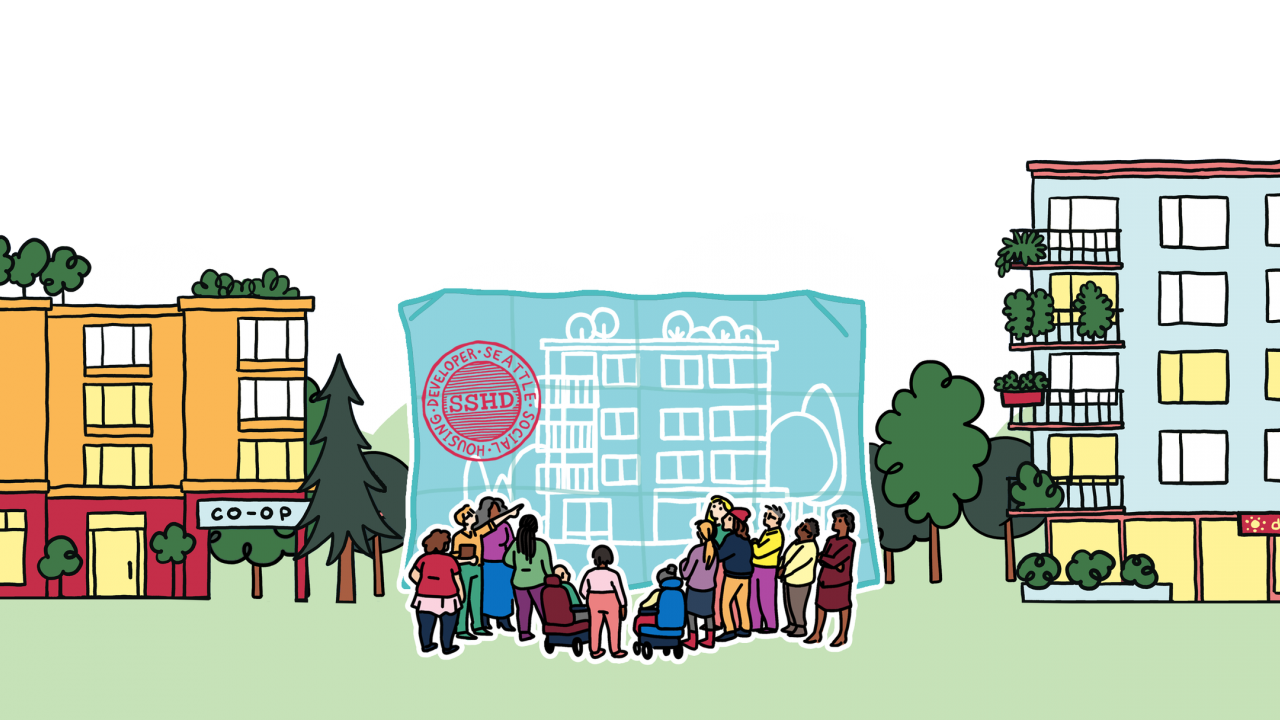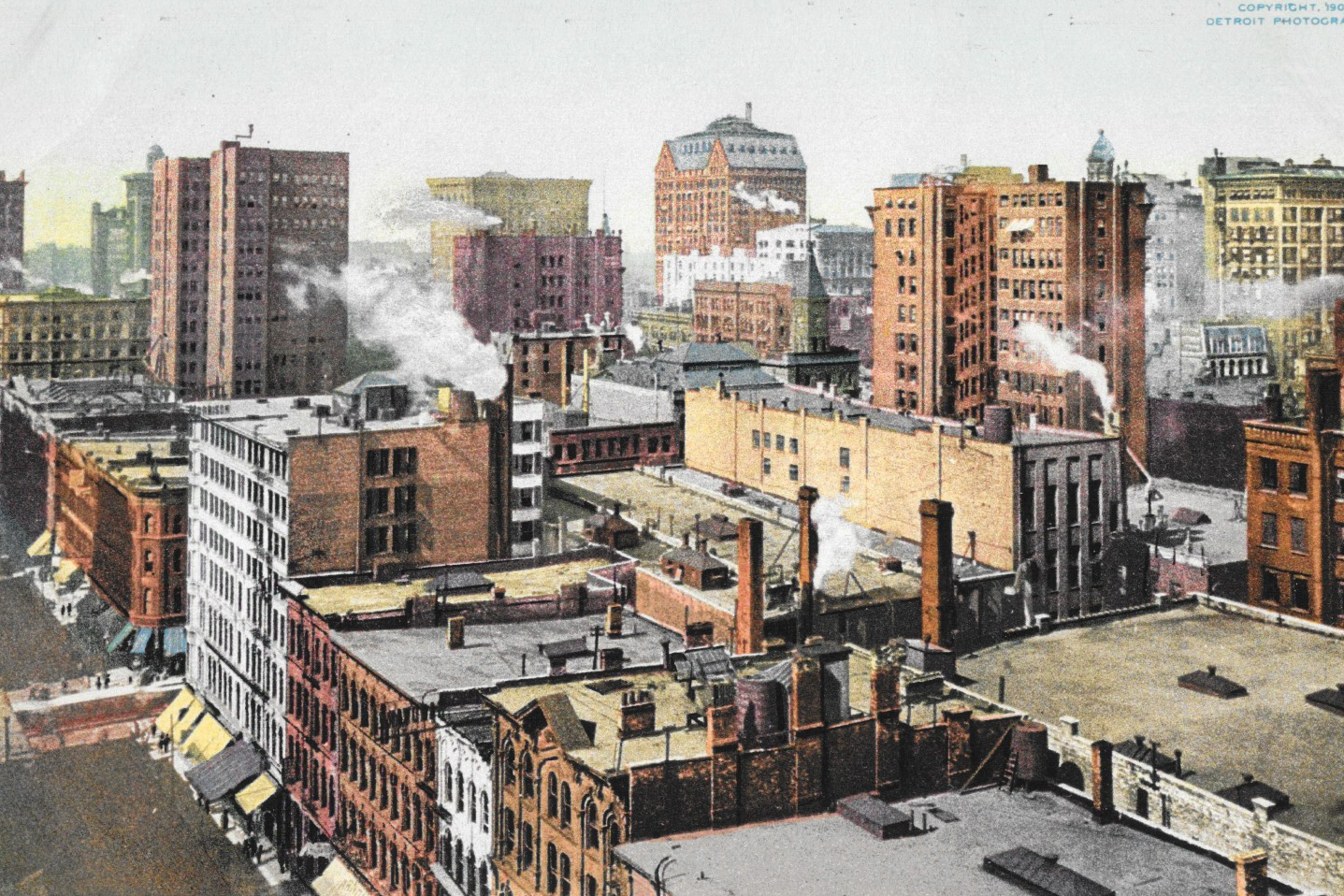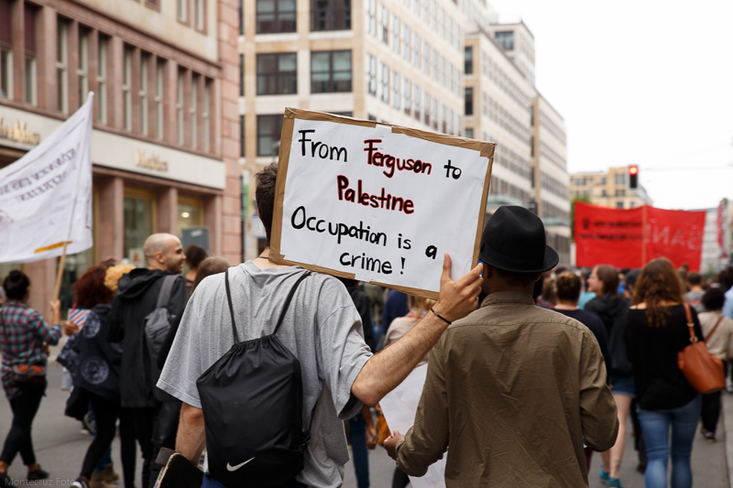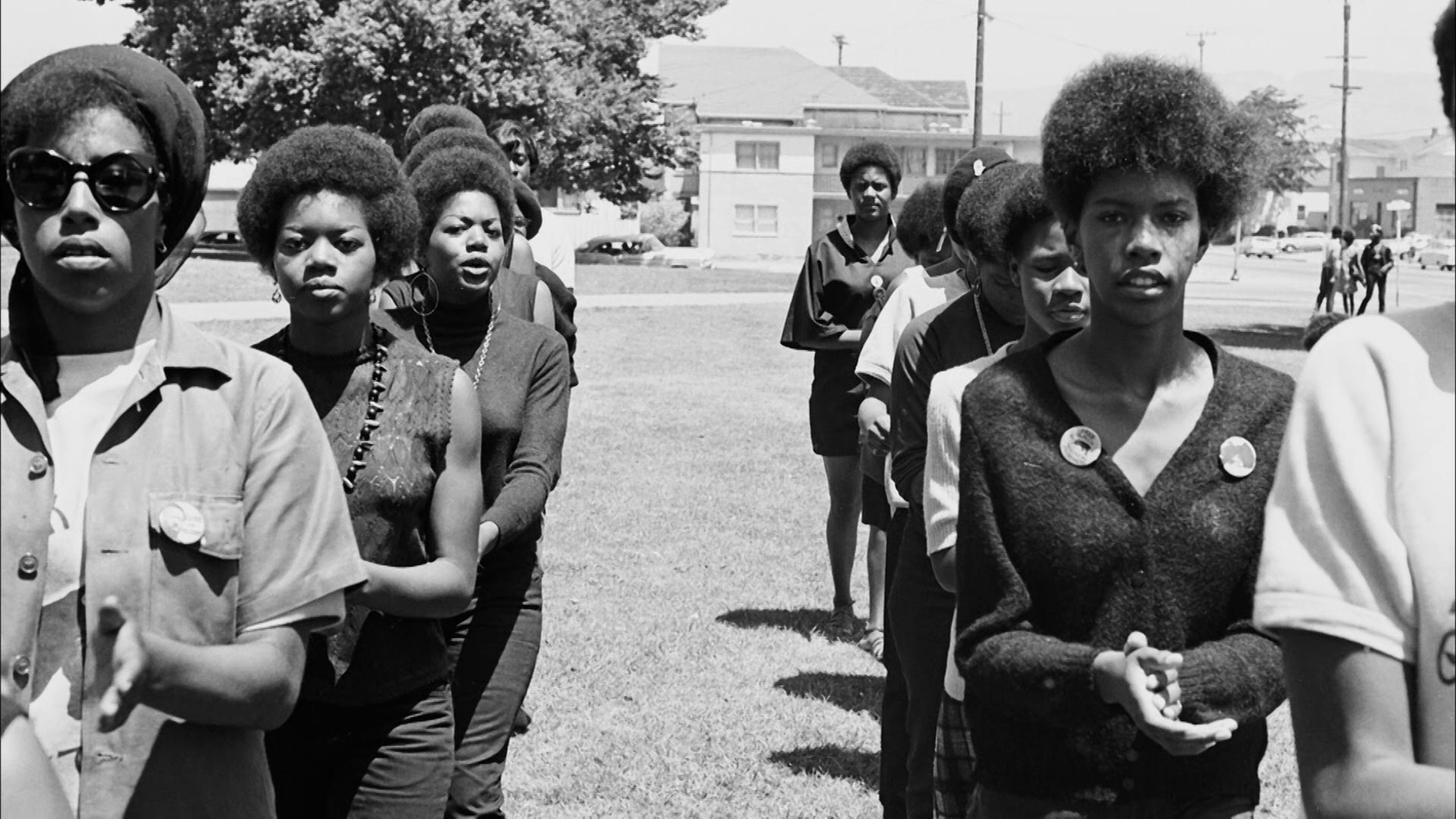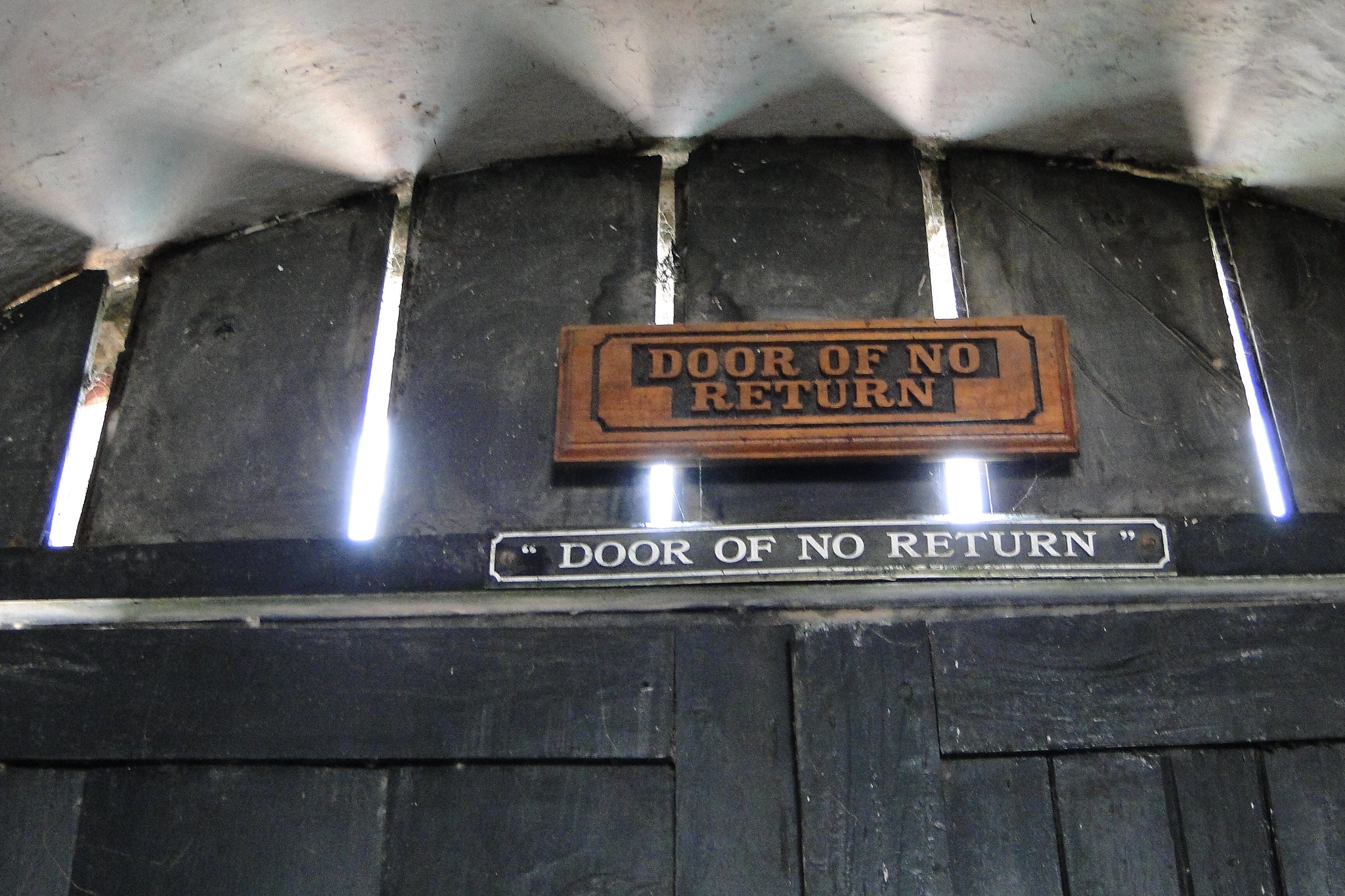House Our Neighbors (HON!) organizers describe their efforts and victories in establishing a social housing developer in Seattle, influenced by an abolitionist framework, with the goal of providing affordable and dignified housing for all.
“Abolition,” the scholar and activist Ruth Wilson-Gilmore writes, “is about presence, not absence. It’s about building life affirming institutions.”
As we build towards an abolitionist future, what we confront daily in Seattle and cities across the United States is a profound absence –– the absence of the state in providing truly affordable, dignified housing for all and the pain and suffering that accompanies this absence. Thousands of Seattleites sleep on the streets every night, and minimum wage workers in Seattle need to work over 80 hours a week to afford an apartment, meaning they are one missed paycheck or unexpected expense away from experiencing homelessness.
And yet the presence that we see in our communities in response to the absence of housing is that of the Seattle Police Department (SPD) and the municipal court system. In 2022 alone, SPD assisted the city in conducting over 900 homeless encampment sweeps –– a deadly practice that prioritizes “sanitizing” public spaces of visible homelessness and throwing away the structures and belongings unhoused folks rely on to survive, including medicine, tents, and clothing, all the while further destabilizing people surviving outdoors. We see this same presence in our municipal court system, which has worked in tandem with our local police departments to carry out over 1200 evictions since 2020 –– using the same threat of state violence to forcibly remove tenants from their homes, almost always into homelessness.
To be poor in Seattle is to suffer constantly from the absence of your right to the city and the absence of a city that is built to affirm your life rather than take it away.
Housing justice struggles therefore have a crucial role to play in building an abolitionist world and creating the conditions where the life affirming institution of housing for all can become a reality and flourish. House Our Neighbors! (HON!) is a coalition of folks who believe that all of our neighbors deserve safe and stable housing. We initially coalesced in opposition to the Compassion Seattle Charter Amendment 29, a big business backed attempt to codify sweeps into Seattle’s city charter while failing to address any of the root cause issues that lead to homelessness. Instead, it proposed a set of mandates that sensationalized vulnerable people for political gain while claiming to be compassionate. It didn’t provide the new funding, solutions, or resources that are needed to bring people experiencing homelessness into permanent, deeply affordable and accessible housing. As we built our coalition, we were fortunate to have the Seattle Solidarity Budget to look to for inspiration and collaboration. The Seattle Solidarity Budget (SB) is a cross-movement coalition fighting for a city budget that centers the needs of the most marginalized and vulnerable Seattle residents, responds with funding that is commensurate with the crises we are facing, and prioritizes collective care and liberation. Collaborating with the SB throughout the campaign gave HON! an abolitionist framework from the start.
Following our successful fight against charter amendment 29, our broad coalition of housing advocates, abolitionists, renters, teachers, mutual aid workers, currently and formerly unhoused folks, and rank-and-file union members spent over a year and a half preparing for and running a city-wide electoral initiative to establish a social housing developer for the city, culminating in a 13 point victory this past February. Once implemented, the social housing developer will be tasked with building, acquiring, and maintaining permanently affordable housing for Seattleites of nearly all income levels in Seattle, with rent capped (at most) at one third of each renter’s income. It is our hope that by bringing social housing to Seattle, we can move towards a future where housing is not a commodity but a life-affirming right afforded to all Seattleites; a right that is no longer governed by market logic and scarcity.
This was a truly grassroots effort from start to finish. HON! is a political committee of Real Change, which is Seattle’s street newspaper and is sold largely by folks who are unhoused or low income. In developing this initiative, we were deeply informed by Real Change vendors’ priorities for our advocacy department, which on a basic level were to ensure that all vendors had their need for affordable, dignified housing met. The vendors who sell Real Change have experienced the most harmful aspects of our current housing system, one rooted deeply in racial capitalism and committed to profit above all else. Many vendors have had their need for housing supplanted by jail and the criminal legal system, which ensnares poor Seattleites in perpetual cycles of poverty, incarceration, and debt. Our vision for what affordable housing could look like in Seattle is necessarily built on these experiences, and seeks to create a Seattle in which the immense need for shelter and stability is met by social housing, not by police and jail.
In organizing to win this initiative, we ran on a positive, visionary message, and one very much influenced by abolitionist thought and practice. From our campaign materials, to conversations with voters, to countless forums and panels, we strove to communicate an idea of what Seattle could look like where all Seattleites have their housing needs met. We benefited from Seattle’s long history of abolitionist coalition building to demand the state provide the community the things they know they need: not more police and prisons but affordable housing for all and the vibrant, safe, and healthy communities that grow from this.
Initiative 135’s resounding victory demonstrates not only the widespread appeal of social housing but also the immense potential for abolitionist visions for our city. Like many cities across the US, Seattle is lurching back to the right in the wake of the pandemic and the George Floyd Uprising, with a wave of reactionary backlash against movements to defund the police and invest in true community safety. Given this reactionary moment, many politicians wrote us off, ignored us, or actively worked against us throughout the campaign. Yet the strength of our victory reminds us of the potential for true community based and led grassroots initiatives in responding to these reactionary times. Our victory created a small rupture in our city’s political fabric –– a rupture that shows what Seattle could look like in a future where our neighbors’ housing needs are not met by a system based on punitive measures, police, and jail but by the collective care of a truly public good: permanently affordable social housing for all.
To learn more about social housing, please visit:
House Our Neighbors: Four Pillars of Social Housing
Community Service Society of New York Explainer on Social Housing
